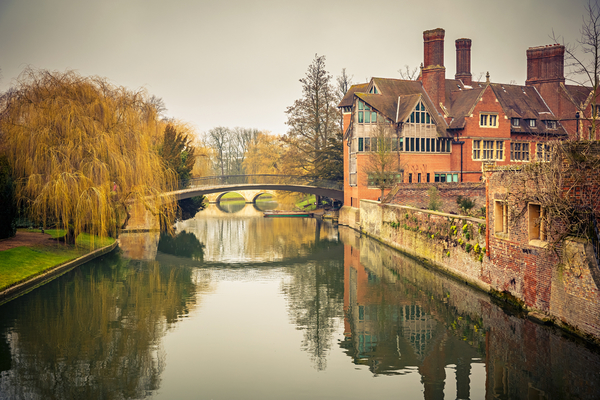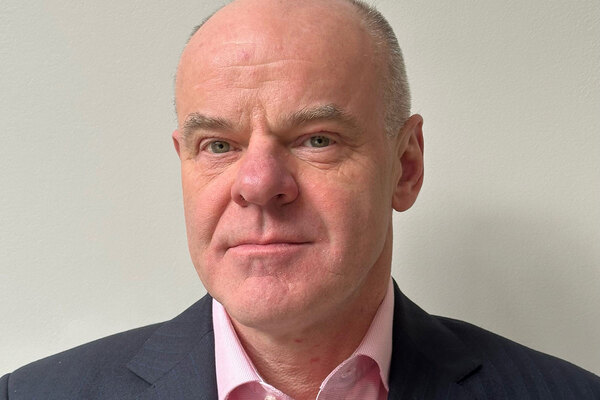You are viewing 1 of your 1 free articles
Town and gown
We must tackle growing inequalities in Cambridge to solve the spiralling house prices, says Kevin Price
Ask most people what they know about Cambridge and they will probably answer that it is an historic, world-renowned university city or say that it is Silicon Fen, with over 2,000 high growth mainly life science and technology companies in the Cambridge Cluster as well as older city-based companies like ARM, which make the chips for Apple.
Microsoft has its research headquarters in the city and the new bio campus on the huge site at Addenbrooke’s Hospital will, when Astrozeneca finishes its global research headquarters, be the largest medical science site in the world.

Source: Shutterstock
No wonder then that the total sales of Cambridge’s companies add up to more than £14bn a year and Cambridge is one of the few cities making a major net contribution to the Treasury.
Nor has Cambridge shied away from debating the consequences of growth, with an often articulate population protective of the green belt which surrounds and runs through our ancient city.
Working across political boundaries with neighbouring Conservative-controlled South Cambridgeshire Council, the city council led the way over the last two decades in approving an ambitious programme of development that has resulted in a series of new settlements around and close to the city as well as the redevelopment of many city sites for housing.
Our new draft Local Plan, now before the planning inspectors, envisages 33,500 new homes in Cambridge and Greater Cambridge by 2031, with many of them already being delivered. From a distance Cambridge is now also a city of cranes.
So why a tale of two cities? Well, It’s not about town and gown.
“Our question to the government is at what point will they accept that the lack of supply of affordable rented homes – social homes – is accelerating the imbalance in the city’s housing market?”
It’s about the high levels of inequality in the city, and it’s about how the shortage of truly affordable housing and the direction of national housing policies over the last six years is widening and cementing the existing divisions.
The average wage in the city is just over £31,000 but 40% of the population earn less than £22,000. House prices in the city have risen 47% since 2010 and the affordability ratio of the lowest quartile – the bottom 25% of houses against the bottom 25% of jobs – is now a staggering 18.7.
Private sector rents are also rapidly reaching London heights.
Council housing plays a critical role in Cambridge, providing over 29% of all rented homes in the city and 65% of all social rented homes. It’s the only defence for many against homelessness and the only defence for many against being forced to move away from their jobs in Cambridge.
Our question to the government is at what point will they accept that the lack of supply of affordable rented homes – social homes – is accelerating the imbalance in the city’s housing market?
In the last couple of months the government has tried to rush through a devolution deal for Cambridgeshire, Norfolk and Suffolk.
At the core of our refusal to sign up to a deal has been the failure of the Treasury to give Cambridge the freedoms it needs to protect our council homes from ill-thought-through policies like Pay to Stay, the high-value levy and the decision last year to tear up the rent settlement agreement which has badly damaged our Housing Revenue Account business plan and halted our own ambitious council home build programme.
In meetings with the housing minister and the secretary of state for Communities and Local Government, both the leader of the city council and I have laid out again and again, and so far without success, the housing crisis in Cambridge which will inevitably restrict our future growth.
Cambridge’s story is a tale of two cities. Our continuing success on the national and international stage will depend on us solving the deepening housing affordability crisis in our own backyard.
Kevin Price, Labour executive member for housing, Cambridge Council








